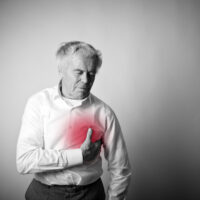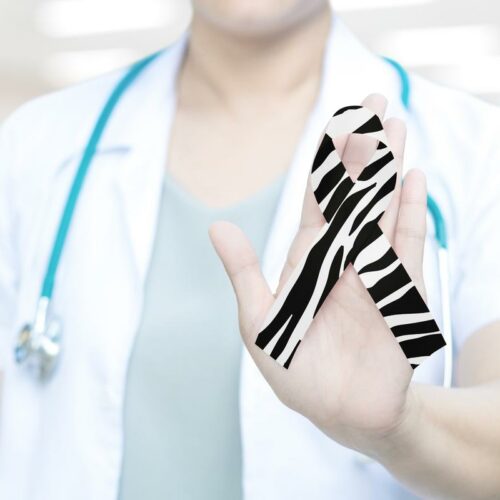Know the causes and preventions for DVT
Here’s are a few common causes and prevention techniques of DVT
Deep vein thrombosis (DVT) occurs when blood starts to clot inside a deep vein, most often in the legs. It can lead to swelling of the affected leg and sometimes, it is preceded without any apparent symptoms.
What causes DVT?
- Being on bed rest for a long period can lead to deep vein thrombosis symptoms.

Vein located deep within the legs are responsible for blood circulation to the lungs and the heart. When the muscles surrounding these veins do not function well, it leads to blood clots in several areas of the legs. Pregnancy can be another reason for deep vein thrombosis symptoms to occur. During pregnancy, the levels of estrogen rise in the body. This causes the blood to clot easily. Taking birth control medications or hormone replacement therapy can also aggravate deep vein thrombosis symptoms. Your body needs to lose weight if you are obese. This is because obesity can a cause of many diseases including DVT. The more the body mass, the higher is the risk of getting DVT. Damaging of the inner lining of the vein may also lead to the formation of clots.
How to lower the risks of DVT
- Change sitting positions : Do not sit in one position for a very long time. Keep changing your position and frequently stand up, walk a bit, or exercise a little and then sit again to enhance the blood flow and avoid deep vein thrombosis symptoms.
- Start moving soon after surgery: Surgeries require keeping the body at rest for a long period, which can cause blood clots. So it is necessary to try to start moving as soon as possible after any surgery to prevent DVT.
- Plan your day : If you are going to spend most of the day sitting, then make sure you stand up often, move around, stretch your legs and wear loose clothing to avoid any clotting. Avoid alcohol and drink lots of water to enhance blood circulation within the body to prevent deep vein thrombosis symptoms.
Suffering from DVT not only results in health complications but may also lead to pulmonary embolism. So in case, you are feeling unusually dizzy, sweat profusely or have developed a rapid heart rate, visit a doctor immediately.
Disclaimer:
The content of the articles discussing symptoms, treatments, health conditions, and side effects is solely intended for informational purposes. It is imperative that readers do not interpret the information provided on the website as professional advice. Readers are requested to use their discretion and refrain from treating the suggestions or opinions provided by the writers and editors as medical advice. It is important to seek the help of licensed and expert healthcare professionals when necessary.











